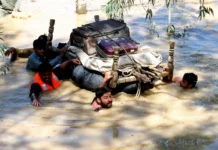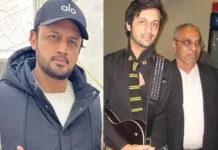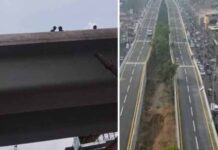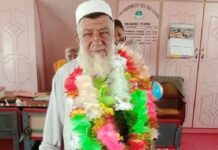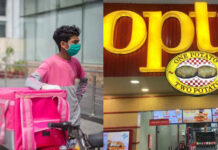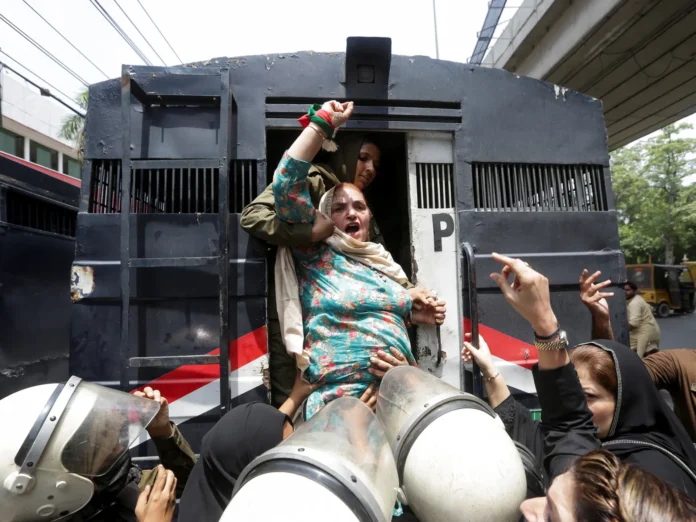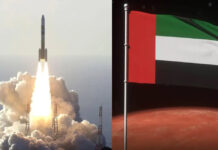Pakistan’s Political Crisis: Over 200 Arrested in PTI Protests Amid Rising Unrest
Introduction: Political Turmoil in Pakistan
On August 5, 2025, Pakistan faced a major political crackdown as authorities arrested more than 200 protesters supporting former Prime Minister Imran Khan and his party, Pakistan Tehreek-e-Insaf (PTI). These mass arrests took place during rallies in major cities including Lahore, Karachi, and Rawalpindi, marking the second anniversary of Khan’s controversial arrest. The police used tear gas and baton charges to disperse crowds, signaling rising tensions in an already unstable political environment.
This crackdown highlights Pakistan’s growing political crisis and raises serious concerns about freedom of expression, democratic rights, and the rule of law. The government insists the arrests were necessary to maintain public order, but critics argue these actions aim to silence dissent and weaken the opposition.
Mass Arrests and Police Action Across Major Cities
The protests erupted despite government bans on public gatherings. Thousands of PTI supporters took to the streets demanding justice for Imran Khan and calling for political reforms. Police responded with force, detaining more than 200 protesters and deploying tear gas in densely packed areas of Lahore, Karachi, and Rawalpindi.
Authorities justified the crackdown citing concerns over public safety and potential violence. However, many observers viewed the use of tear gas and baton charges against largely peaceful protesters as excessive. The arrests include many young activists and community leaders, intensifying fears of a widening political crackdown.
Anti-Terrorism Court’s 10-Year Sentences for Opposition Leaders
In a separate but related move, Pakistan’s anti-terrorism court sentenced 108 opposition leaders affiliated with PTI to 10 years in prison. The convictions stem from allegations related to violent riots in May 2023, where military installations were attacked amid political unrest.
Prominent PTI politicians such as Omar Ayub Khan and Shibli Faraz were among those convicted. Human rights groups have condemned the sentences, describing them as politically motivated and warning they threaten judicial independence and democratic processes.
This court action deepens Pakistan’s political divide and risks provoking further protests and unrest among PTI supporters nationwide.
Imran Khan’s Role and PTI’s Influence on Pakistani Politics
Imran Khan remains a deeply polarizing figure in Pakistan’s political landscape. His rise from cricket star to prime minister symbolized hope for many Pakistanis seeking to end corruption and promote governance reforms. However, his removal from office and subsequent arrest have led to a sustained political movement demanding his release and accountability.
PTI rallies continue to draw large crowds, representing a significant challenge to the current government. The party’s persistence reflects widespread public dissatisfaction and a demand for democratic freedoms, even amid heavy government repression.
The Broader Impact of Political Instability in Pakistan
Political instability in Pakistan is having wide-reaching consequences. Ongoing protests, arrests, and legal battles strain law enforcement and judicial systems, disrupting everyday life and economic activities.
Foreign investors are increasingly cautious amid uncertainty, threatening Pakistan’s economic recovery. Moreover, public trust in democratic institutions is eroding, which could fuel social unrest and empower extremist groups seeking to exploit instability.
Experts warn that without political dialogue and reforms, Pakistan’s fragile democracy faces serious risks.
Global and Human Rights Reactions to Pakistan’s Crisis
International organizations including the United Nations and Amnesty International have voiced concern about the crackdown on Pakistan’s opposition leaders and protesters. The use of force against peaceful demonstrators and politically motivated court cases violates fundamental human rights and democratic norms.
Global calls urge Pakistan to respect political freedoms, ensure fair trials, and protect freedom of speech. The international community closely watches Pakistan’s handling of these challenges as a test of its commitment to democracy.
Conclusion: Towards a Peaceful Political Future in Pakistan
Pakistan stands at a critical juncture. The government’s crackdown on PTI protesters and leaders reflects deep political fractures and a struggle over the nation’s democratic future. Maintaining public order while protecting democratic rights is a delicate balance that Pakistan must achieve.
Moving forward, open dialogue, rule of law, and respect for political plurality are essential. Only through inclusive politics and respect for civil liberties can Pakistan hope to build a stable, democratic society.







